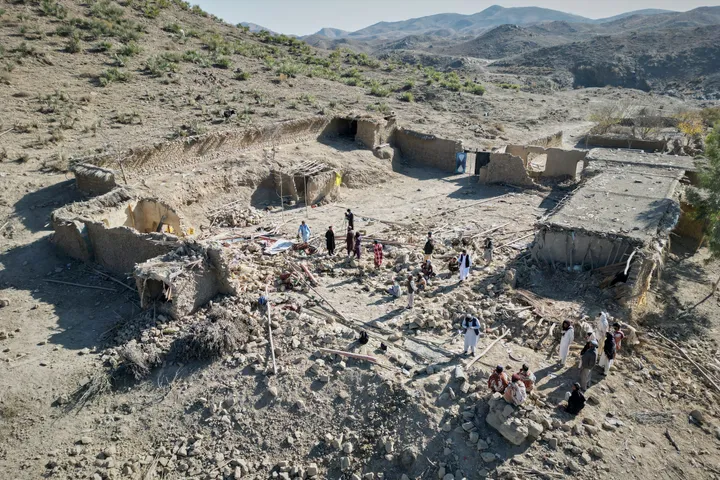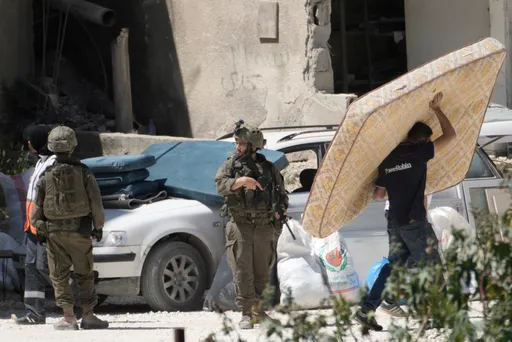Leftist ex-guerrilla Gustavo Petro has defeated millionaire businessman rival Rodolfo Hernandez in Colombia's presidential vote, according to a live count on the Latin American country's election authority website.
Petro, a senator in his third attempt to win the presidency, had 50.47 percent of the votes, while real estate magnate Hernandez had 47.27 percent, with almost all ballots counted, according to results released by election authorities on Sunday.
Some 20 million people cast ballots nationwide.
Petro will succeed the deeply unpopular conservative Ivan Duque, who was barred by Colombia's constitution from standing for reelection, in a country saddled with widespread poverty, a surge in violence and other woes.
READ MORE:Colombians vote in tightest presidential election in recent memory
Tightest election
Abstention was expected to be high among Colombia's 39 million voters who faced a stark choice between electing their first ever left-wing president or a maverick outsider dubbed the Colombian Donald Trump.
"These are the tightest elections in the country's recent history," said the Sunday edition of the El Tiempo daily.
Amid fears a tight result could spark post-election violence, some 320,000 police and military had been deployed to ensure security.
The electoral observer mission said one of Petro's election monitors and a soldier were killed, both in the south.
Political violence
Colombia is no stranger to political violence, with five presidential candidates having been murdered over the course of the 20th century.
Several candidates received death threats before the first round.
When voting in Bogota, Petro, 62, urged his supporters to turn out as rumours swirled on social media of election irregularities.
"Today, undoubtedly we must defeat any attempt at fraud with massive participation," he said.
The national registrar, Alexander Vega, denounced such fears as "disinformation" while Hernandez, who voted in the northern city of Bucaramanga where he was mayor from 2016 to 2019, accused Petro of "creating an atmosphere of fraud."
"It's very dangerous for candidates to play with this idea (of fraud), it could easily erupt into post-election unrest," Elizabeth Dickinson, Colombia analyst at the International Crisis Group in Bogota, told the AFP news agency.
Although Petro comfortably topped last month's first round with 40 percent, 12 points ahead of Hernandez, opinion polls had the two candidates neck and neck.























